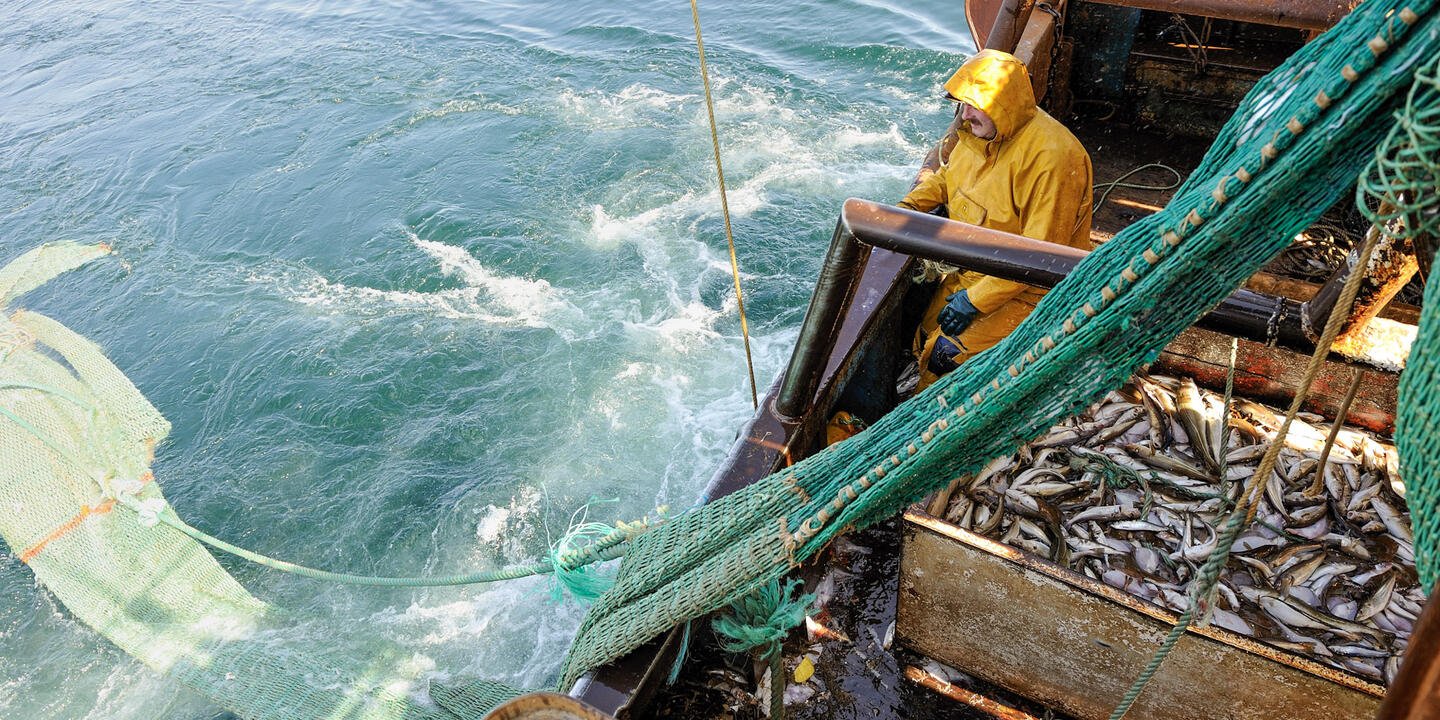June 25 marks the International Day of the Seafarer—a global tribute to the men and women who keep the wheels of international trade turning from the decks of cargo ships and tankers. It’s a moment not just to honor their vital role, but also to reflect on the sea’s enduring importance in global commerce and to spotlight Morocco’s commitment to securing and modernizing its maritime sector.
Strategically positioned between the Atlantic Ocean and the Mediterranean Sea, Morocco has taken significant steps to make its maritime industry safer, more efficient, and more sustainable. The country has overhauled its port infrastructure, introduced digital systems to streamline maritime operations, and deepened its participation in global maritime partnerships. These moves reflect a clear ambition: to turn its access to the sea into a well-managed engine of economic growth.
As an active member of the International Maritime Organization, Morocco upholds global protocols designed to protect seafarers’ rights. The country has ratified a number of international conventions, ensuring fair labor conditions, proper training, and access to social and medical support for maritime workers.
Globally, more than 80 percent of goods traded across borders are carried by sea. Behind each shipment is a network of skilled professionals working behind the scenes—often in challenging conditions—to ensure that trade continues uninterrupted. At key Moroccan ports like Tangier City, the coordination between port authorities and shipping crews plays a crucial role in keeping operations running safely and smoothly.
The Moroccan merchant navy stands at the heart of this system. Its sailors and engineers embody the skill, commitment, and discipline that underpin a thriving maritime economy. Their efforts not only support national prosperity but also raise Morocco’s profile on the global stage. This international day offers a timely opportunity to recognize those contributions and honor the daily courage of those who navigate open waters with steadfast determination.
Alongside commercial shipping, Morocco has also placed renewed emphasis on small-scale fishing, particularly through its Halieutis strategy. Investments have been made in upgrading fishing villages and building new landing sites to improve working conditions. Widespread access to healthcare and social coverage has been introduced, and medical facilities have been established in ports across the country. Safety training remains a top priority, especially in a profession that currently employs around 130,000 people nationwide.
Launched by the IMO in 2010 and endorsed by the United Nations, the Day of the Seafarer serves as a reminder of how essential maritime workers are to the global economy. In his official message, UN Secretary-General António Guterres praised their efforts in delivering critical goods and emphasized the profound impact their work has on our everyday lives.
But beyond appreciation, this day carries a deeper message: the need to better protect and uplift these often-overlooked professionals, to reinforce safety standards, and to foster a stronger, more resilient maritime culture.
